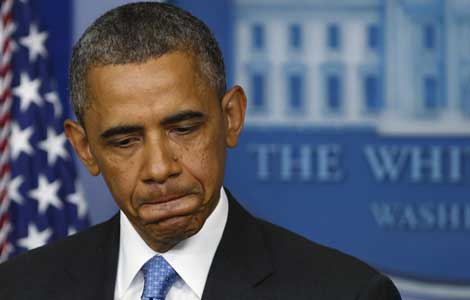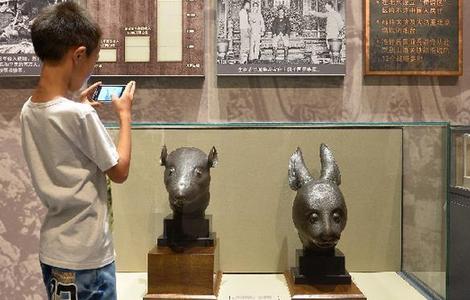New rise in Chinese film market vicissitudes
Updated: 2013-07-20 17:38
(Xinhua)
|
||||||||
By July 2012, the box office for domestic films had hit a five-year low of 2.8 billion yuan. Only 5 percent of 141 China-made movies screened in the first half managed to break even, and all the others were losing money, suggested official statistics.
The drop came months after China amended rules in February 2012 to up the annual quota of foreign films allowed to be screened in the country's cinemas from 20 to 34.
"The situation was partially because of tepid demand for ancient costume movies, which are more likely to get through censorship," added Huang Qunfei, chief manager of the Beijing-based New Film Association.
In the meantime, "Lost in Thailand," a drama helmed by an actor-turned-director that gained 1.2 billion yuan in box office receipts, topped the screening charts over "Titanic 3D" and was the second-most lucrative domestic Chinese film ever.
Shi Chuan attributed the success of "Lost in Thailand" to the consuming power from second- and third-tier cities.
Despite the high ticket revenue of the movie, it was also widely criticized for being vulgar and of little artistic value.
Shi worried capitalization might one day prevail over a film's artistic value when investors tend to choose genres that are more "emotionally appealing" to their taste.
As Ye Xindai put it, rapid economic development and young people's desire for material abundance might eventually churn out "funny but shallow stuff."
"As I see it, it is the artistic value of the film that matters most, not the rocketing ticket sales," said the young critic.
Looser censorship
The latest change in the nation's domestic film industry may be a positive signal, both for home and abroad.
A circular issued on Wednesday by the State Council, or China's cabinet, stated that the administration has canceled reviews and approvals for general film screenplays. Instead, summaries for such productions will still be subject to public notification.
This joins the cancellation of 20 other items on radio plays, publications and movies that used to require government approval, according to Wednesday's circular.
Rao Shuguang, deputy director of the Beijing-based China Film Art Research Center, said the elimination is positive as it showed "China's review and approval system is transforming from rule of man to rule of law."

 'Trayvon Martin could have been me, 35 yrs ago': Obama
'Trayvon Martin could have been me, 35 yrs ago': Obama
 China launches three experimental satellites
China launches three experimental satellites
 Bruce Lee's daughter recalls his energy
Bruce Lee's daughter recalls his energy
 Giving take-out roast chicken a French twist
Giving take-out roast chicken a French twist
 Tibetan farmers enjoy Onkor festival
Tibetan farmers enjoy Onkor festival
 Girl mauled by mastiff needs $32,580 for surgery
Girl mauled by mastiff needs $32,580 for surgery
 Firefighters hold line against California wildfire
Firefighters hold line against California wildfire
 Rat, rabbit head sculptures on display
Rat, rabbit head sculptures on display
Most Viewed
Editor's Picks

|

|

|

|

|

|
Today's Top News
Six detained over Chinese vendor's death
US court says reporter must testify in leak case
Venezuela VP defends support for Snowden
'Trayvon Martin could have been me': Obama
Asiana legal fallout begins after deadly crash
Floor on lending rates axed by PBOC
Huawei backs UK security review
Blacklist on way for court defiance
US Weekly

|

|






